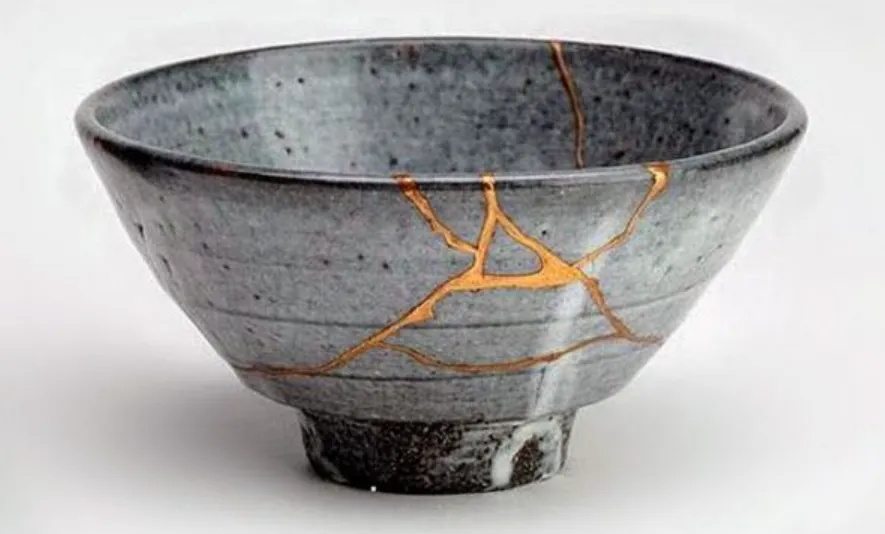Care

Context
Section titled “Context”In groups working to collaborate across difference, build community, or repair harm—especially in decentralized or justice-oriented spaces—trust may not exist at the outset. This is often because past experiences of betrayal, exclusion, or systemic violence have made trust dangerous or irrational for many participants.
Efforts to proceed without acknowledging these histories or addressing lived pain often fall short. Formal agreements, shared goals, or even good intentions are not enough to restore or build trust in the absence of demonstrated, embodied care.
Problem
Section titled “Problem”When trust has been damaged or never existed:
-
People protect themselves by withholding engagement.
-
Relationships become transactional, marked by suspicion or silence.
-
Harms (past or present) are denied, minimized, or ignored.
-
Those who’ve been hurt are asked to “move on” without being heard.
-
Attempts at collaboration feel fragile, performative, or extractive.
Without care, the social fabric tears easily. Trust becomes performative, brittle, or nonexistent. The group loses its ability to act together meaningfully or sustainably.
Forces
Section titled “Forces”-
People who have experienced harm may not feel safe opening up.
-
Power dynamics can make care feel conditional or strategic rather than sincere.
-
Those who have benefited from unjust systems may resist acknowledging harm or responsibility.
-
Repair work can be emotionally demanding and long-term—making short-term efficiency incompatible with justice.
-
People need space to engage at their own pace, without coercion.
Solution
Section titled “Solution”Actively demonstrate care as a foundational precondition for trust—not as sentiment, but as behavior.
This includes:
-
Holding space for people to speak their truth—especially about harm or exclusion.
-
Listening without interruption or defensiveness.
-
Naming shared values and concerns that exist beyond the individual (e.g., care for land, community, justice).
-
Acknowledging historical and present harms—and taking action to repair them.
-
Respecting boundaries. Allowing people to say “no,” to step back, or to take time without penalty.
-
Showing up consistently—not to fix, but to be in sustained relationship.
Care isn’t softness. It’s the courage to attend, to hold others as fully human, and to stay with discomfort long enough for something new to become possible.
Resulting Context
Section titled “Resulting Context”-
Trust grows not as an abstract principle, but as an outcome of care-based action.
-
Participants feel respected, heard, and valued, even if they still hold pain.
-
Dialogue deepens. Healing becomes thinkable.
-
Accountability is normalized, not avoided.
-
Relationships develop the resilience to navigate future challenges together.